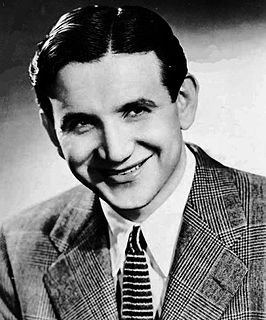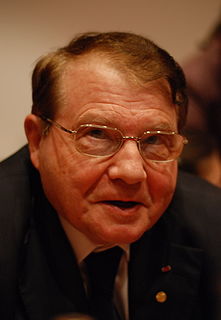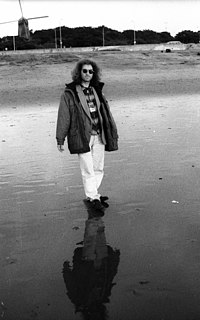A Quote by Brian Eno
If you think of the way a composer or say a pop arranger works - he has an idea and he writes it down, so there's one transmission loss. Then he gives the score to a group of musicians who interpret that, so there's another transmission loss. So he's involved with three information losses. Whereas what I nearly always do is work directly to the sound if it doesn't sound right. So there's a continuous loop going on.
Related Quotes
I remember doing "As Cool As I Am" and Steve Miller, the producer, saying "I really hear a drum loop here. I want to play it for you." When I wrote it, I thought, "This isn't going to sound very folky. I don't think it's going to go with mandolins and banjos." Then he played the loop for me and it sounded right.
I'm very interested in vertical space.I want the players to listen to their sound in such a way that they hear the complete sound they make before they make another one. So that means that they hear the tail of the sound. Because of the reverberation, there's always more to the sound than just the sound.
I think the other thing that's important is getting to a place, which very, very rarely happens with improvising groups, where somebody can decide not to play for a while. You watch any group of musicians improvising together and they nearly all play nearly all the time. In fact I often say that the biggest difference between classical music and everything else is that classical musicians sometimes shut up because they're told to, because the score tells them to. Whereas any music that's sort of based on folk or jazz, everybody plays all the time.
Well, things hold up even if they sound dated. It can be very difficult to listen to 80s pop songs with really, really gigantic smashed drum sounds. You just want to turn that gated reverb down on the snare. It sounds wrong now. It sounds amateurish. And ugly. But at the time it sounded state-of-the-art. So yeah, I think it's important not to sound state-of-the-art in a way that anybody else is going to sound. Or you'll quickly sound like yesterday's state-of-the-art.

































